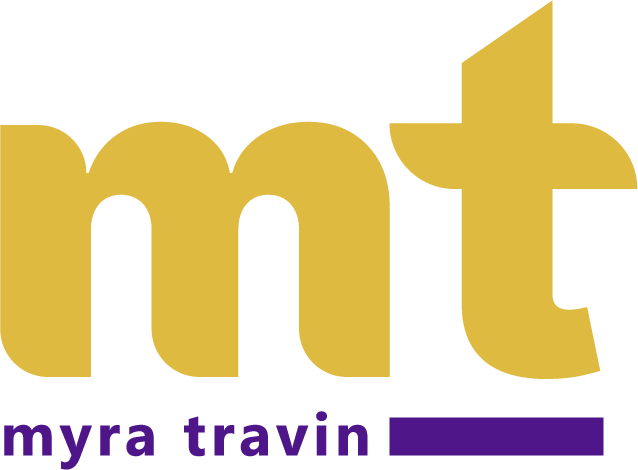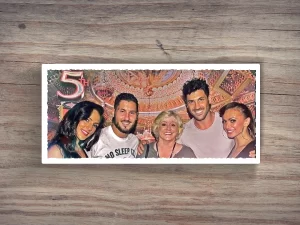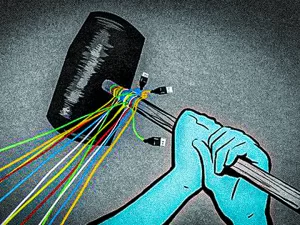I have just said goodbye to the future.
I’m a learning futurist, but the future just became my enemy. My background is in learning and technology — always looking for a way to see possibilities, to leverage opportunities, and to see a roadmap into the future for learners. But I have stopped defining myself as a futurist, as I have for most of my career providing innovative digital technology solutions to meet learners’ needs for global Fortune 500 corporations, universities and nonprofits.
I will be speaking about “guerrilla” learning at SXSWedu in the panel “LX Design: Because Learning Design Requires UX” on Tuesday in Austin.
The future will lead us to an odd place. We are on the brink of a future in which learning will be monetized and learners will become units of worth in a way that will be unprecedented in history.
It will feel like the Industrial Revolution just hit, with all of the loss of worth people experienced then. I want to sidestep that future.
It will feel that way because competition is creating a globalized marketplace where your worth is determined not by your skill set in a specific location but rather by what anyone, anywhere, would pay for your services. That loss of individualism will turn you from a person to a commodity. Your best response to this as an individual is to rebel and become the most agile learner you can.
If monetization is the external adversary of learning, can it also be said that we have an internal one? Yes. It is, and always has been, assumption.
We must see past our assumptions to learn, and as learning curators, to design learning. It is so deeply ingrained in our personalities and culture that we rarely are even aware of our assumptions enough to question if we are seeing our experiences directly or through the lens of our culture and beliefs.
Because technology has given us shortcuts — ways of stepping over our end-to-end thought process — we tend to believe the things for which we have a construct already created and not evaluate them. We don’t question our calculator’s assumptions. We just use it to get things done. But are you using an app, or is the app starting to use you?
Our reductionist internal process leaves more and more judgments in the hands of software, apps and devices. It is a cool thing, to be sure, and I do not suggest we go backward into the safety of the abacus, but I do think we should understand just what we give away to the control of others, be they data structures in machine-learning or efficiencies programmed to make our lives more fun and easier.
Be a digital native, for sure — there is no other way — but hold onto an understanding of where you start and end in your relationship to technology. In complex data interactions, that will be a question we should think about before we no longer have the consciousness and distance to think about it in the future.
So join me in the post-future where we still do cool and we still do amped. But let’s take a moment before we swallow new technology whole to ask ourselves who we may become as we use it and how it defines us if we do. You can give your learning over to an algorithm and trust that it defines you better than you know yourself, but remember: The future has a price tag, and if we don’t think about the cost, we may be racking up a wicked bill to be paid later when the only bitcoin available for trade is the sophistication of our own thoughts. We need to think about technology and humanity, and consider who the ghost in the machine really is, before we surrender ourselves completely. The post-future is a world where we don’t capitulate, but co-create.
Our future is ours, not theirs. Let’s go.
Travin is a learning post-futurist and author of “School of You: How Guerrilla Learning Can Change Your Life.” She is speaking at South by Southwest Interactive on Tuesday. Contact her at myratravin48@gmail.com.





